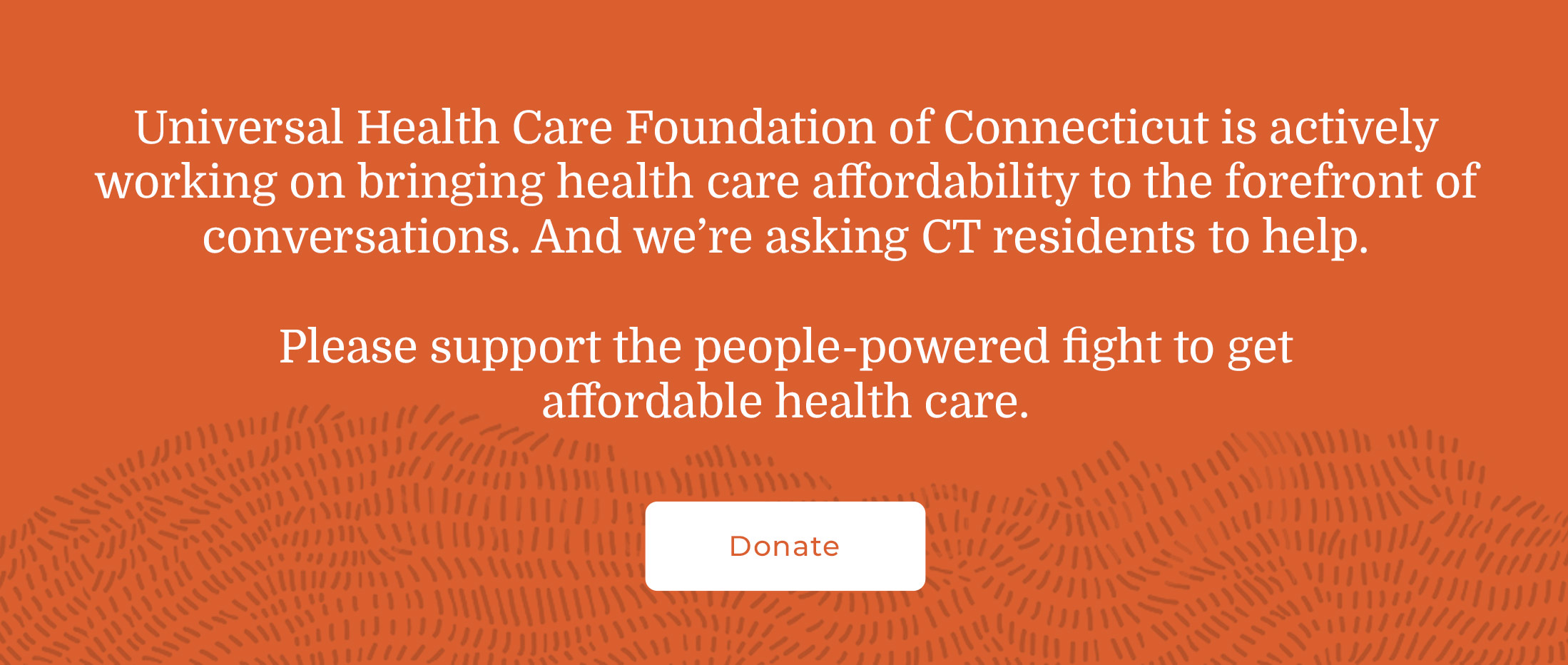Racist Housing Policy is Bad for Health
Zoning, land use and housing policies are tools that have long been used to create disinvestment in communities of color by upholding white supremacist ideals of separate but (un)equal.
In the Land of Steady Habits, too many Connecticut municipalities embrace restrictive zoning laws that disparately harm Black and Brown state residents, deepening racial and economic segregation.
Historical discrimination has prevented Black and Brown people from owning homes and building wealth. They are more likely to rent than own a home, disproportionately represented in low-income jobs and as a result struggle to afford rent. This translates to a higher risk of evictions, housing instability and homelessness, which can lead to multiple adverse health outcomes.
A report from Opportunity Starts at Home finds: A quality affordable home is a prescription for good health. It has been linked to the prevention of long-term health problems and promotes healthy, productive lives. (Source linked below.)

If we genuinely want to create opportunities for everyone to live and thrive wherever they choose, we must confront racist legal and policy practices that sustain segregation and its damaging health outcomes.
The sad truth is that some of our state’s land use regulations make it a challenge to increase affordable housing and address Connecticut’s housing crisis. Some laws make it easier for municipalities to avoid building affordable housing.
In rich towns, single-family homes are the rule, and zoning laws are used to keep people out intentionally and systematically by blocking developments that include units of affordable to low- to moderate-income households.
Residents of these towns have taken further steps to oppose such housing plans by creating community and social media campaigns to fight back to protect their “unique neighborhoods” by circulating petitions against “changing the town aesthetic” or “neighborhood character” - known as the Not in My Back Yard argument.
Basic societal needs like housing should carry more weight than local opinions based on exclusivity and discrimination. Connecticut is perpetuating a housing crisis that exacerbates inequity. We must address this need in a systematic and equitable manner.
Our local and state systems are set up to be exclusionary. Local government too often excludes equitable and meaningful public participation in decision-making. And those most impacted are rarely at the table.
Universal stands with the state’s affordable housing movement as a key part of the push for racial, health, social and economic justice.
Learn more about the link between housing and health

